Utah President: It’s a Three-Way Tie
Utah hasn’t supported a Democratic presidential candidate since 1964, but new polling suggests that it could help elect one this year.
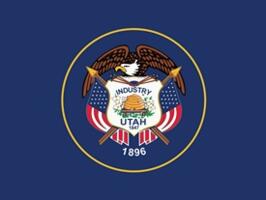
Utah hasn’t supported a Democratic presidential candidate since 1964, but new polling suggests that it could help elect one this year.

Donald Trump views radical Islamic terrorism as the number one threat to the United States and has contradicted many in the foreign policy establishment by saying Russia would make a good ally in fighting that threat. Republicans and Trump supporters strongly agree that radical Islam is the bigger threat, but Democrats and Clinton voters tend to rate Russia as just as big a danger.
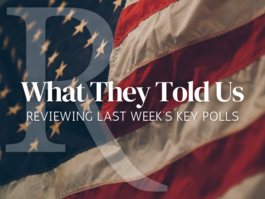
When this mess of a presidential election is finally over, the winner’s going to have to deal with the mess the country’s in. But you sure couldn’t tell it from the current presidential campaign.

Donald Trump is a cat with 12 or 13 lives.
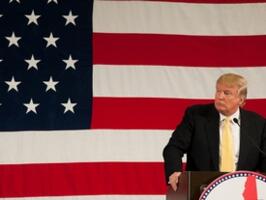
A growing number of Republican officials are asking their party’s nominee Donald Trump to drop out of the presidential race, and one-out-of-four GOP voters think that's a good idea. Most do not, and Trump supporters overwhelmingly second that emotion.

Will Hillary Clinton clean out the nest of anti-Catholic bigots in her inner circle? Or is anti-Catholicism acceptable in her crowd?

"It is so nice that the shackles have been taken off me and I can now fight for America the way I want to," Donald Trump tweeted at the reasonable hour of 10 a.m. on Tuesday.
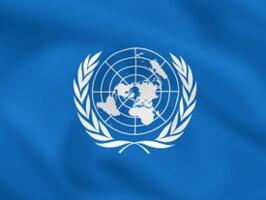
Following the news that the United Nations has appointed a new secretary general, voters say they like the UN, but don’t necessarily agree it’s worth the cost to the United States.

The U.S. Department of Homeland Security has confirmed hacking attempts on election systems in more than 20 states and has offered to provide states free testing of their systems before Election Day. While most voters are concerned about their state’s election system being hacked, they think state and local officials will do a better job protecting their vote than the feds will.
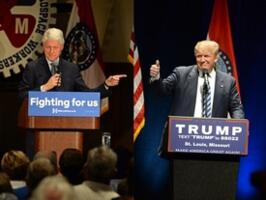
Hillary Clinton jumped on the release last week of an 11-year-old video in which Donald Trump makes graphic sexual comments to say it shows her Republican rival's demeaning attitude toward women. But Trump countered that Clinton was an enabler who allowed her husband, former President Bill Clinton, to sexually assault women for years. Voters tend to agree with Trump that Bill Clinton's behavior was worse, but not surprisingly there's a sharp partisan difference of opinion.

This may be a particularly bad time to write an update on the House. But we’re going to do so anyway, if only to explain why that is.

Voters are torn over the fairness of the U.S. economy in general, but they still think it’s particularly unfair to middle-class Americans.
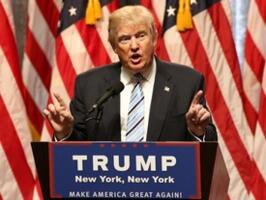
Most Republican voters still think top GOP leaders are hurting the party with their continuing criticism of Donald Trump and are only slightly more convinced that those leaders want Trump to be president.

Catch politicians in private moments and you might hear what they really believe: Donald Trump "can do anything" to women because he's powerful. Hillary Clinton's "private" positions aren't the same as her "public" ones.

Well, the stakes just got real around here!

Once was a shock. Twice was an outrage. Thrice is a nightmare that won't end.
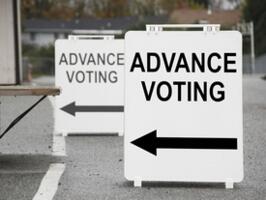
While Democrats are still more likely than other voters to say they plan to vote early this year if their state allows it, voters overall are even more likely than they’ve been in the past to say they’ll wait until Election Day to cast their vote.

Donald Trump turned in perhaps the most effective performance in the history of presidential debates on Sunday night.

Donald Trump's gutter talk about women shows yet again that he is bad news. The problem is that Hillary Clinton is far worse.

Thirty percent (30%) of Likely U.S. Voters think the country is heading in the right direction, according to a new Rasmussen Reports national telephone and online survey for the week ending October 6.